HS-ETS1-4
Use a computer simulation to model the impact of proposed solutions to a complex real-world problem with numerous criteria and constraints on interactions within and between systems relevant to the problem.
-
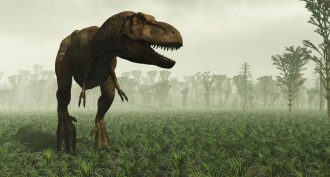 Fossils
FossilsPredatory dinos were truly big-mouths
Large meat-eating dinosaurs could open their mouths wide to grab big prey. Vegetarians would have had a more limited gape, a new study suggests.
By Sid Perkins -
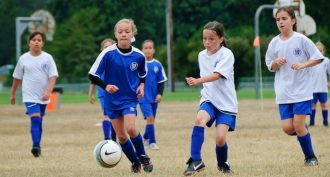 Brain
BrainMales and females respond to head hits differently
Men and women are playing sports equally — and getting concussions in comparable numbers. But how their brains respond may differ greatly.
-
 Psychology
PsychologyFriends’ good moods can be contagious
Good mental health spreads through teen social networks, but depression doesn’t, a new study finds.
-
 Computing
ComputingThese young scientists are passionate about tech and math
The 2015 Broadcom MASTERS International delegates show why math and computer skills are key to the success of science-fair projects.
-
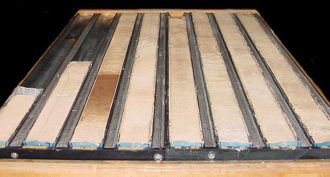 Oceans
OceansCarbon dioxide levels rise fast and high
The buildup of carbon dioxide in the atmosphere is rising faster than at any time since dinosaurs roamed the Earth. The burning of fossil fuels is largely to blame.
-
 Climate
ClimateFast sea level rise is a very recent change
Sea levels have been rising for more than a century. But that rise is now speeding up. That suggests that what is driving the rise — climate change — also has increased dramatically in recent years.
-
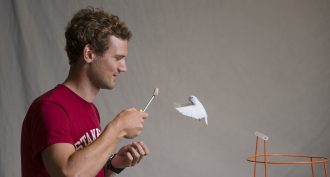 Animals
AnimalsHow birds stay in the air
The sensors inside a boxy device measure the forces generated with each stroke of a bird’s wings. Learning how much force is needed to keep a bird aloft could help in designing future drones that flap, hover and dart.
-
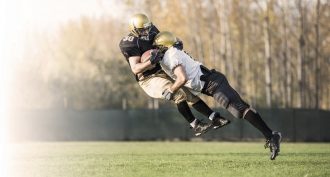 Brain
BrainA new ‘spin’ on concussions
Scientists have suspected that rotational forces in the brain may underlie concussions. A new study used athletic mouthguards containing sensors. Data on head movements during collisions suggest that a twisting of the brain may underlie mild brain injuries, including concussion.
-
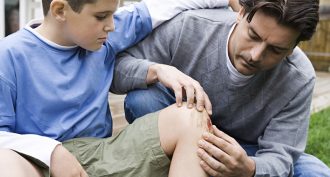 Computing
ComputingVirtual wounds: Computers probe healing
To better understand how the body heals wounds, scientists have begun creating computer programs that let virtual cells fight it out. These ‘computer games’ could lead to better medicines.
-
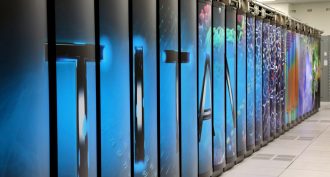 Computing
ComputingExplainer: What is a computer model?
Computer models use data, math and computer instructions to predict events in the real world.
-
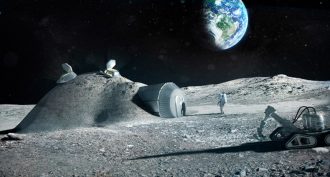 Tech
TechExplainer: What is 3-D printing?
A new type of computer printer is already doing a lot more than spraying ink onto paper. Some dispense metal, plastic, food — even cells. In short order, people may be able to manufacture almost anything from their home or office.
-
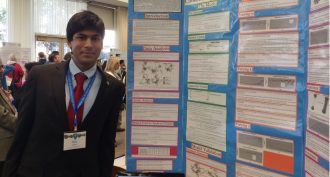 Computing
ComputingIntel STS finalist’s computer program models social life
Ajay Saini has brought together math and computer science to show how habits spread within social groups. His new computer program could help promote healthy habits.